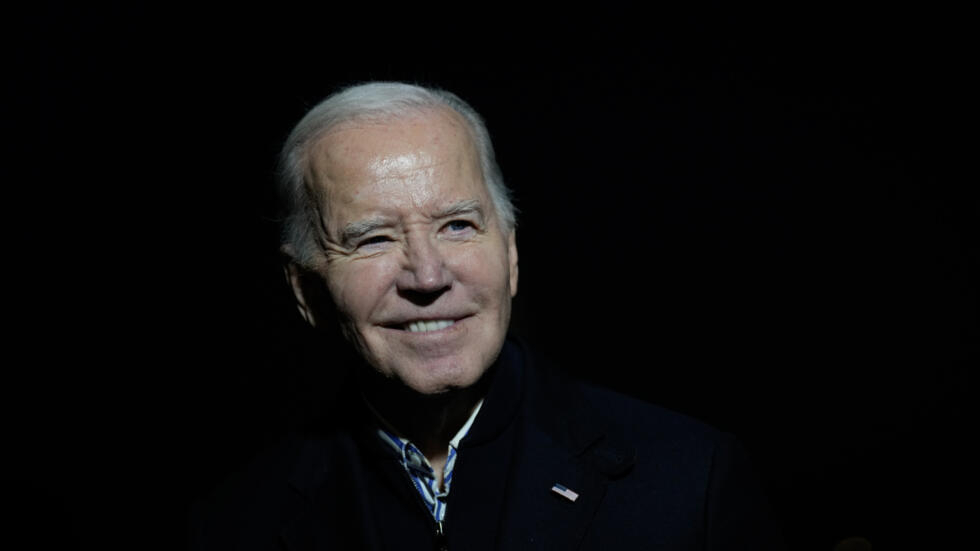
WASHINGTON, Dec 22, 2023 (BSS/AFP) - The United States said Friday it will
sanction foreign banks that support Russia's war in Ukraine, in a new bid to
exert economic pressure on Moscow as it diversifies from the West to China.
Under an executive order to be signed Friday by President Joe Biden, the
United States would be authorized to issue so-called secondary sanctions
against financial institutions that support Russia's defense industry,
officials said.
The United States, the world's largest economy, was sending a message to
financial institutions that they have "a very stark choice," a senior
official said on customary condition of anonymity.
"Ultimately, for almost any bank in the world, you give them the choice
between continuing to sell a modest amount of goods to Russia's military-
industrial complex or being connected to the US financial system -- they're
going to choose being connected to the US financial system, given that our
economy is far bigger, and our currency is the one used around the world," he
said.
But Russia has been seeking to reduce reliance on dollars, euros and yen
since its February 2022 invasion of Ukraine triggered a wave of Western
sanctions.
China's largest banks have extended billions of dollars worth of credit in
renminbi to Russia since the war as Western institutions exit.
The US official voiced hope that European and US banks, while not directly
invested in Russia, would pressure partners operating in the country.
- Russia weathering blow -
Russia's economy has taken a hit from the pressure but is still on a growth
trajectory, with the International Monetary Fund in October forecasting
growth of 1.1 percent for 2024.
A key target has been Russia's oil exports, with Western powers agreeing to a
cap of no more than $60 a barrel.
The US Treasury Department said Thursday that the cap brought down Russia's
tax revenue from oil and petroleum goods exports by 32 percent between
January and November from a year ago.
But other assessments have been less rosy on the impact. A recent study by
the Kyiv School of Economics found that compliance with the price cap has
been virtually non-existent due to widespread fraud.
The new effort at secondary sanctions comes as the Group of Seven
industrialized democracies balks at seizing Russian government assets to
support Ukraine, another potentially major means of pressure backed by the
United States.
Direct US assistance to Ukraine could also soon dry up, with Congress yet to
approve a request by the Biden administration due to an unrelated dispute on
immigration policy.
The White House fears an end to aid would give new momentum to Russia against
Ukraine, which has received $43 billion in military assistance from the
United States since the invasion.
In a separate action Friday, the United States will make clear it will ban
products that originate from Russia even if they are "substantially
transformed" elsewhere, another US official said.
The action will include prohibiting diamonds originating from Russia but
processed elsewhere, she said, following a European Union ban announced this
week on Russian diamonds.
Russians have managed to soften the impact of sanctions through trade via
third countries, with Central Asian nations in particular seeing sharp
increases in shipments of technology.
The United States has been stepping up the use of secondary sanctions,
despite concerns among some policymakers and experts that it will encourage
other countries to move away from the dollar.
The United States has used its clout most visibly on Iran by threatening
countries that buy oil from the clerical state.